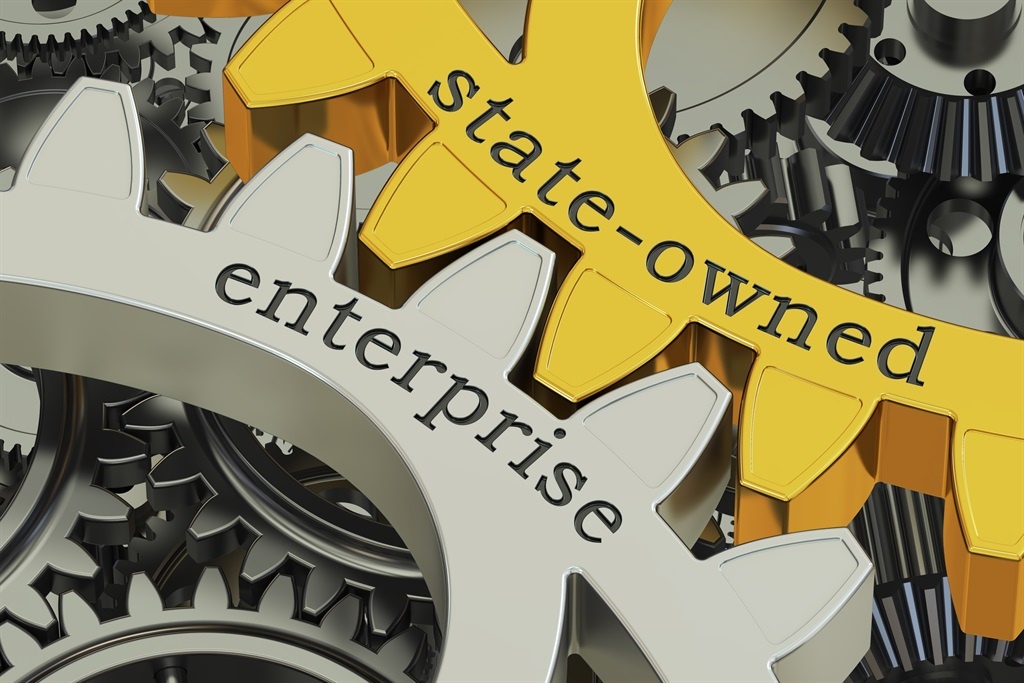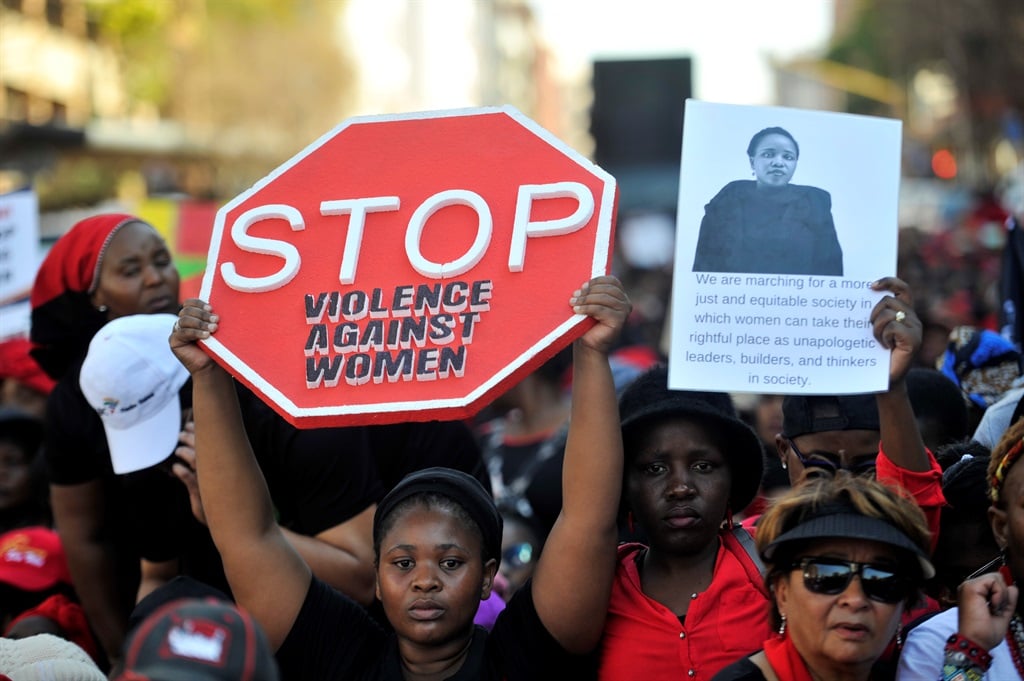
“Watch this space,” said President Cyril Ramaphosa during last year’s state of the nation address (Sona).
After he presented his first state of the nation address in 2018, the president was celebrated for instilling hope in South Africa’s citizens, especially when he asked the population to choose him – Thuma Mina.
He asked us to trust in his leadership abilities, and called on everyone to volunteer their time and work for the benefit of the country.
A year after his second Sona, it cannot be denied that things are not the way they were a year ago. Or are they?
The state of unemployment
A year ago, the country’s unemployment rate was worryingly high and, according to a recent report by Stats SA, this is still the case.
“South Africa’s unemployment rate increased by 0.1 percentage points to 29.1% in the third quarter of 2019,” read the report.
To make things worse, many large organisations across the country are beginning to retrench thousands of workers. Telkom, one of the biggest telecommunications providers in the country, plans to retrench more than 3 000 employees, and Dion Wired intends to retrench more than 1 000 employees.
State-owned airline SAA will allegedly shed scores of jobs in the near future as it struggles to find its way out of a dark hole of debt. The effects are already being felt as the airline has cancelled all domestic flights, save for those between Johannesburg and Cape Town.
Gilad Isaacs, a Wits University lecturer who is also the co-director at the Institute for Economic Justice, said that government needed to adopt policies that benefited the country’s economy.
“It is important to look into what increases employment. If people buy more goods and there is capacity to make those goods, there will be higher employment,” he said.
“Unfortunately, government has a policy to reduce expenditure. If government buys less goods, it shrinks the demand and hurts the economy.”
He added that corruption and inequality had also contributed to a lack of investment in South Africa.
The state of state-owned enterprises (SOEs)
A year ago, SOEs Eskom and SAA were in dire need of financial relief, but they are arguably worse off now than they were then.
Last year, Ramaphosa said that “Eskom is facing serious financial, operational and structural problems”.
The power utility, which supplies more than 90% of the country’s electricity, has struggled to meet its obligations. Over the course of the past year, Eskom has suffered many setbacks, including the resignation of board chair Jabu Mabuza.
It has also been engaged in a battle with energy regulator Nersa in a bid to increase tariffs. Its inability to provide consistent electricity supply has put small businesses under pressure and discouraged international investment, and citizens have been forced to deal with the daily reality of rolling blackouts, euphemistically called load shedding.
Isaacs said that “SOEs can play an important role in growing the economy, and investment can have a fantastic impact on their growth”.
“Unfortunately, the absolute looting of these enterprises not only undermines their roles, but also has a negative impact on other sectors of the economy. Our focus should be on how to fix them so that they play an employment-enhancing role – the focus should not be on how to sell them to the private sector.”
The state of data costs
A year ago, South Africans were incensed about the rising cost of data, which, as Ramaphosa noted, “is essential both for economic development and for unleashing opportunities for young people”.
Ramaphosa extended a call to telecommunications companies to reduce their data costs; a struggle that continues today.
In December, the Competition Commission released the final Data Services Market Inquiry report.
The commission said: “The report, among many other things, recommended that Vodacom and MTN reach an agreement with the commission within two months to reduce data prices, particularly for monthly bundles, and address the structure of data pricing.”
In December, MTN said that “it was wrong to lay the blame for the country’s data costs on operators because the greatest hurdle to data pricing reduction remained spectrum allocation, for which government was responsible”.
Vodacom had a similar view, with spokesperson Byron Kennedy saying that Vodacom had reduced its effective data price by about half since March 2016.
Telecommunication companies were eventually given three months to engage with the commission regarding the reduction of data costs.
The state of gender-based violence
Unfortunately, South Africa remains a country where women and children are beaten, raped and killed at an alarming rate.
According to the Victims of Crime 2018/19 report released by Stats SA, “the percentage of victims of sexual offences who reported at least one incident is 88%. This is a dramatic increase from 73% in 2017/18.”
In last year’s Sona, Ramaphosa announced the establishment of the Gender-based Violence and Femicide Council to help eradicate the plague, and he recently announced that his administration had raised more than R1 billion for combatting gender-based violence.
Patrick Godana, the provincial manager of Sonke Gender Justice in the Eastern Cape, said that Ramaphosa needed to provide concrete and meaningful steps to combat gender-based violence.
“Violence is learnt; we need to engage in programmes that help perpetrators unlearn their behaviour. But these projects need funding, which is why the president’s speech today will need to coincide with the budget speech on February 26,” he said.
Godana added that every case of gender-based violence had to be prioritised to encourage victims to come forward.
“People lack confidence and don’t feel like the wheels of justice will reach their cases. All lives are equal before the law; therefore all cases must be prioritised.
“If government can bail out Eskom, the same level of attention must be given to solving gender-based violence cases. After all, the president did say that it is a national crisis.”
Despite the fact that the Constitution protects members of the LGBTIQ+ community, they are still discriminated against and are victims of violence perpetrated by homophobic people.
Godana said that the protection of queer people should not be relegated to a footnote in the president’s speech today.
“It starts with education. Government needs to come up with programmes that teach people that the world is not about a man and a woman; the world is about human beings.”
The state of the nation: The rub
Wits University Professor Lawrence Hamilton said that the president was gridlocked.
“The problem is that, if you promise too high, you face not being able to deliver. But if you promise too low, it may seem like you have no vision. Government needs to think outside the box. There needs to be both a vision and a promise of real practical matter,” Hamilton said.
“Ramaphosa is doing all he can to overcome the legacies of former president Jacob Zuma. But he also needs his party behind him and, at this stage, it is not clear if he does.”
Hamilton also shared his insight into SOEs: “South Africa needs a clear picture of how government plans to solve the load shedding problem. SAA will either collapse or be made into a smaller business.”
However, Hamilton and the Institute for Economic Justice’s Isaacs said that Ramaphosa may not entirely be to blame.
Isaacs said: “He inherited a bad situation. In addition to this are some of the businesses, such as those in mining, that make use of machinery, meaning that not enough people are employed. While government’s policy on cutting back on expenditure may hold leaders to account regarding state capture, it is not having the same effect on the economy.
“It’s too soon to assume a significant improvement, but the fact that it got worse is worrying.”
Isaacs said that he would like to hear the president speak of a bold vision for how government planned to tackle deep-seated disfunctions within the economy.
“Government needs to tell us about interventions on how to stimulate, stabilise and structurally transform the economy.”
On another note, the EFF has threatened to disrupt today’s proceedings if Pravin Gordhan remains a Cabinet minister.
Other parties have also called for more action from the president.
The Inkatha Freedom Party said that Ramaphosa needed to solve problems within the ANC before solving those of the country.
“This address by the president should not be about unpacking the state of our nation, which we are all aware of, but, rather, how the governing party and its allies would respond to what we hope is an address that takes the country forward without fear or favour.”
 | ||||||||||||||||||||||||||
Get in touchCity Press | ||||||||||||||||||||||||||
| ||||||||||||||||||||||||||
| Rise above the clutter | Choose your news | City Press in your inbox | ||||||||||||||||||||||||||
| City Press is an agenda-setting South African news brand that publishes across platforms. Its flagship print edition is distributed on a Sunday. |




 Publications
Publications
 Partners
Partners










